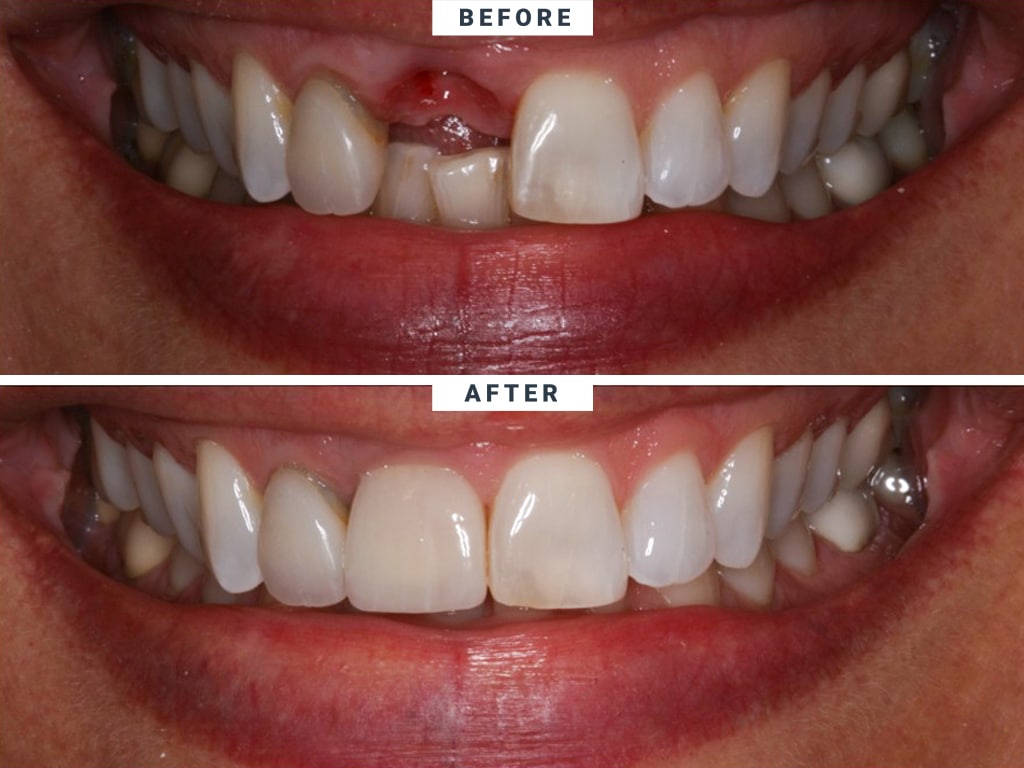
Dental implants are a popular and effective solution for replacing missing teeth. If you’re considering dental implants, you may have some common questions.
Here are answers to 10 frequently asked questions about dental implants:
1. What are dental implants?
Dental implants are titanium posts surgically placed into the jawbone to serve as artificial tooth roots. They provide a sturdy foundation for replacement teeth, such as crowns or bridges, and offer a natural-looking and functional solution for missing teeth.
2. Who is a candidate for dental implants?
Most individuals with good oral health and sufficient bone density in the jaw are suitable candidates for dental implants. However, a comprehensive dental evaluation is necessary to determine if you have the conditions for successful implant placement.
3. How long do dental implants last?
With proper care and maintenance, dental implants can last a lifetime. They are designed to be a permanent and durable tooth replacement solution, offering stability and functionality similar to natural teeth.
4. Is the dental implant procedure painful?
The dental implant procedure is typically performed under local anesthesia, ensuring you are comfortable and pain-free. After the procedure, mild discomfort and swelling are common, but these symptoms can be managed with over-the-counter pain medications.
5. How long does the dental implant process take?
The duration of the dental implant process can vary depending on factors such as the number of implants needed, additional procedures like bone grafting, and individual healing times. The process can take several months, including the healing period.
6. Are dental implants noticeable?
Dental implants are designed to look and feel like natural teeth. The replacement teeth, such as crowns or bridges, are customized to match your existing teeth’ color, shape, and size, ensuring a seamless and natural-looking smile.
7. What is the success rate of dental implants?
Dental implants have a high success rate, with studies reporting success rates of around 95% or higher. Success depends on various factors, including the patient’s overall health, oral hygiene practices, and adherence to post-implant care instructions.
8. Are dental implants difficult to care for?
Caring for dental implants is similar to caring for natural teeth. Regular brushing, flossing, and routine dental check-ups are essential to maintain good oral health and ensure the longevity of your implants.
9. Can dental implants replace multiple missing teeth?
Yes, dental implants can be used to replace multiple missing teeth. Depending on your situation, your dentist may recommend implant-supported bridges or dentures to replace several missing teeth.
10. Are there any risks or complications associated with dental implants?
As with any surgical procedure, there are potential risks and complications associated with dental implants. These can include infection, damage to surrounding structures, nerve injury, or implant failure. However, these risks are rare, and complications can be minimized with proper planning and skilled implant placement.
Summary
Please remember every dental implant case is unique, so it’s essential to consult with us to find out if dental implants are the right solution for you. They can evaluate your oral health, discuss your goals, and guide you through the implant process to help restore your smile and oral function.
